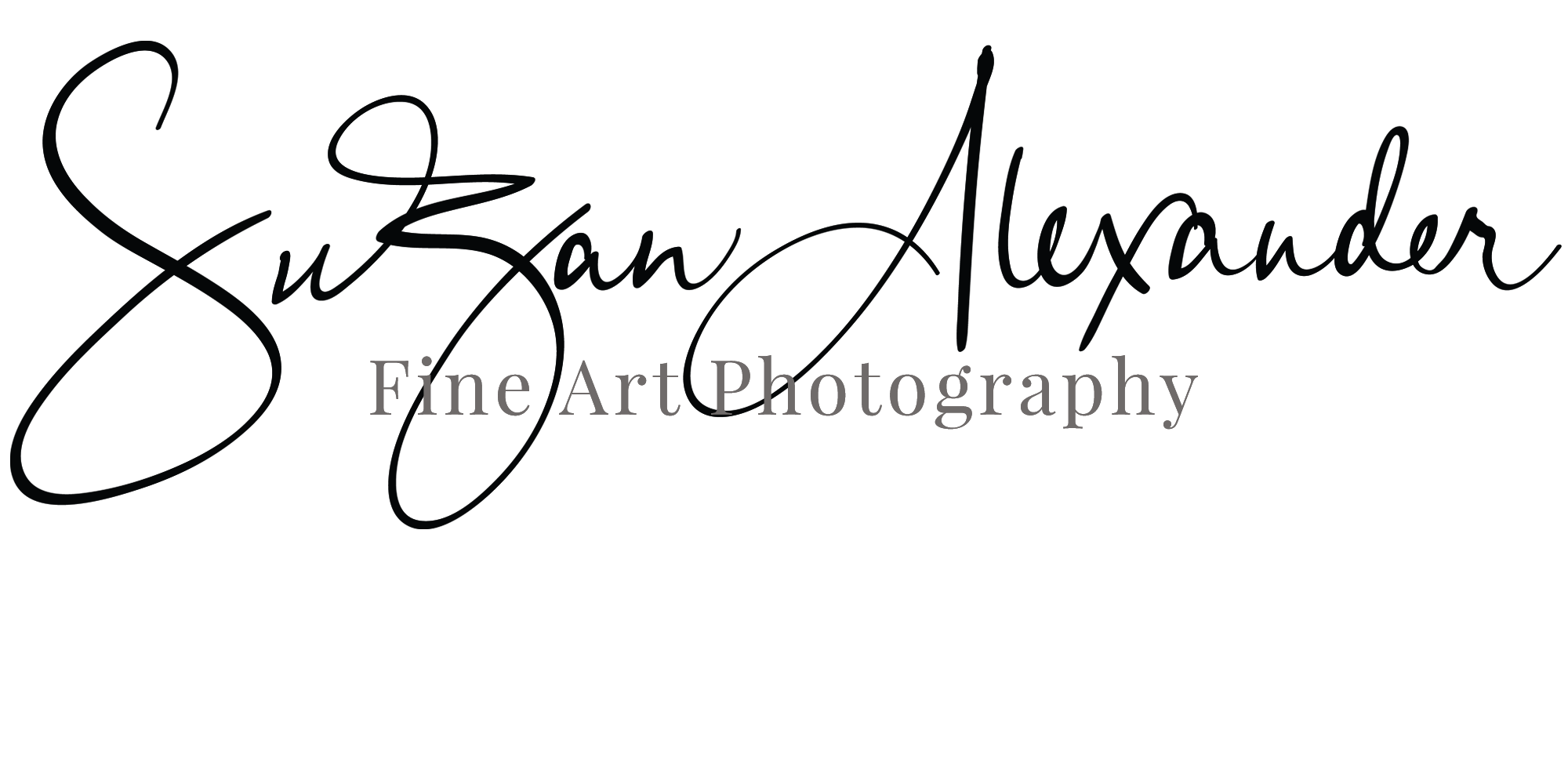Warhol and the Pop Art Movement
file_001-700dpi-3
Last week we talked about Pop Art and the “appropriation” of common, familiar, images and objects, often borrowed from popular culture. Andy Warhol and Roy Lichtenstein were perhaps the most recognized Pop artists who borrowed images from pop culture. Lichtenstein borrowed from comic strips while Warhol borrowed from advertising and celebrity images. He seemed to understand the the working-class and the allure of glamour and celebrity. Products: Warhol’s early work focused on common consumer-product imagery. These images included objects like Coco-Cola bottles, Campbell’s soup cans, and Brillo soap pads, etc. He seemed to enjoy the fact that the same products he featured were available to everyone regardless of their station in life. Warhol once said, "What's great about this country is that America started the tradition where the richest consumers buy essentially the same things as the poorest. You can be watching TV and see Coca-Cola, and you can know that the President drinks Coke. Liz Taylor drinks Coke, and just think, you can drink Coke too." Over time, his paintings evolved into silkscreen and sculpture which mimicked the mass production of these consumer products.
file_001700dpi-2
Celebrity: Never before had America been so saturated with images of actors, musicians, political figures, as well as the tabloid stories surrounding them. The popularity of television seemed to make these celebrities more accessible and, in turn, more famous. Pop artists embraced this new fascination, and subjects, as a source for their imagery, as well as a statement of the changing culture. Warhol's was fascinated with the glamour of Hollywood since childhood. His attraction and depiction of Hollywood, fashion, and celebrity was a natural progression. His photographic silkscreens of celebrity portraits are iconic. He often created the images in a repetitive manner with washes of bright color, again, as an element of the mass production of celebrities themselves. Over the years, this style has become so iconic I have other people ask for an “Andy Warhol” portrait.
Come back next week and we will take a transformative trip across America.
(Sources: The Story of Modern Art by Norbert Lynon, The Andy Warhol Museum)








